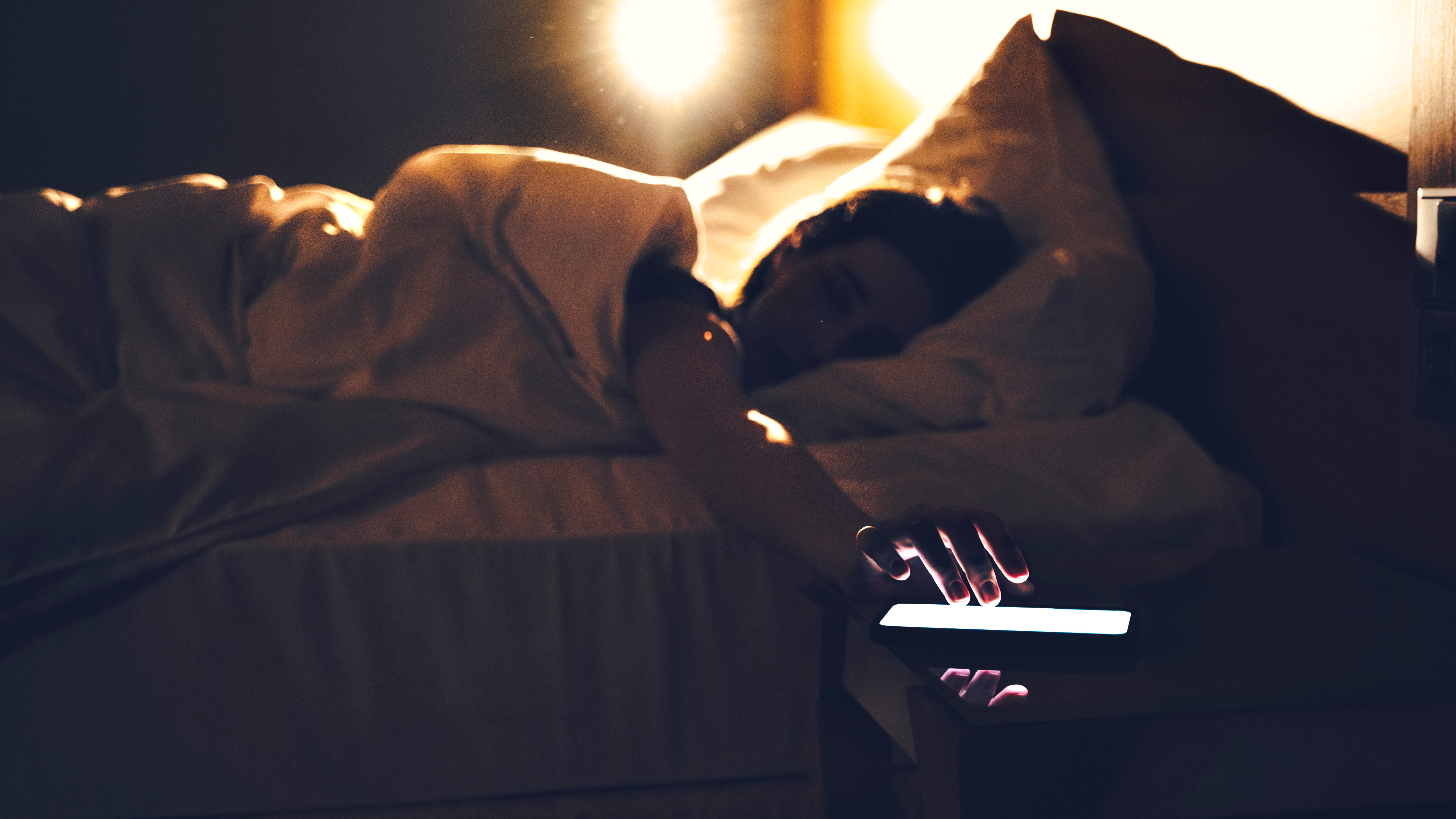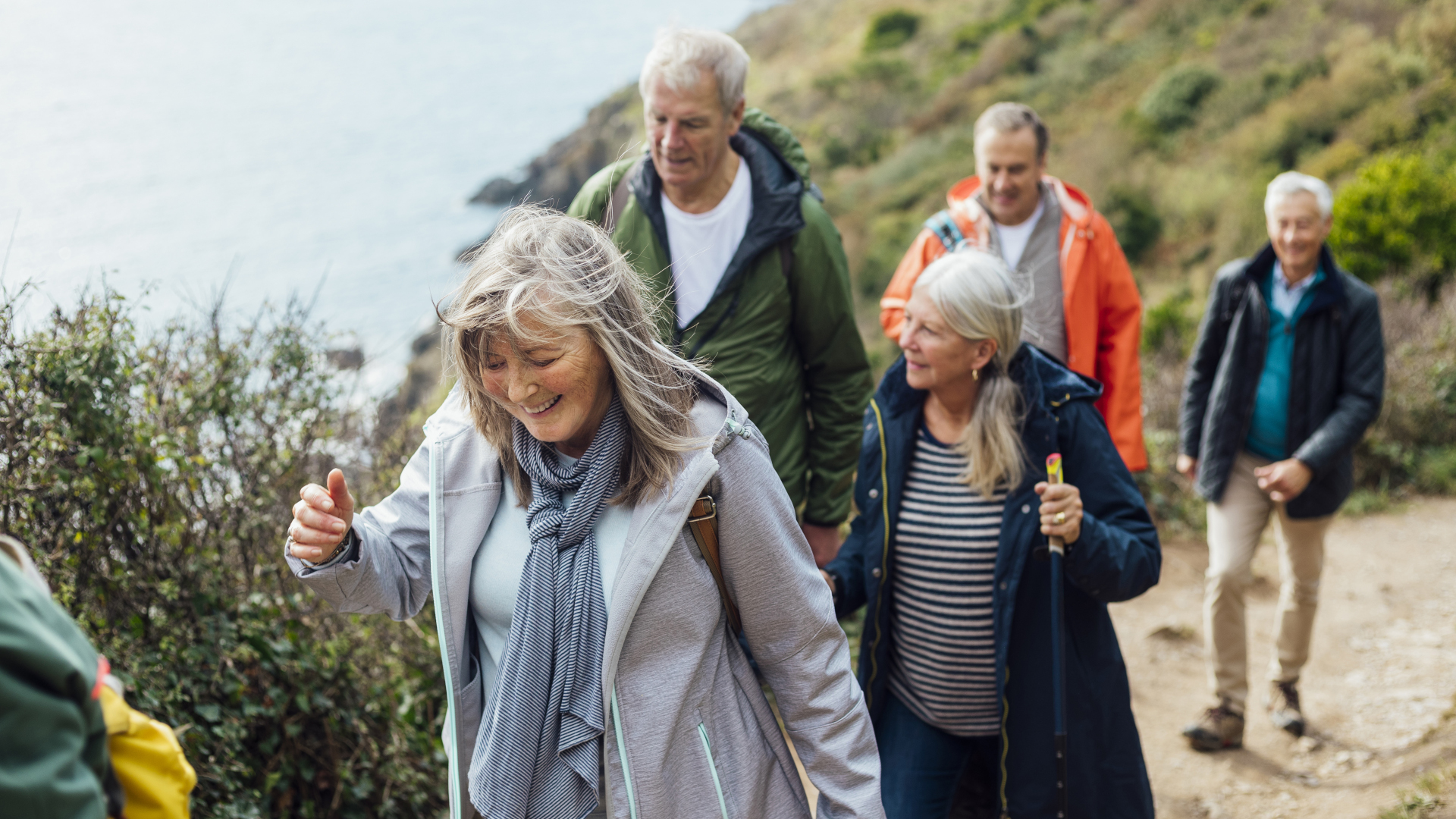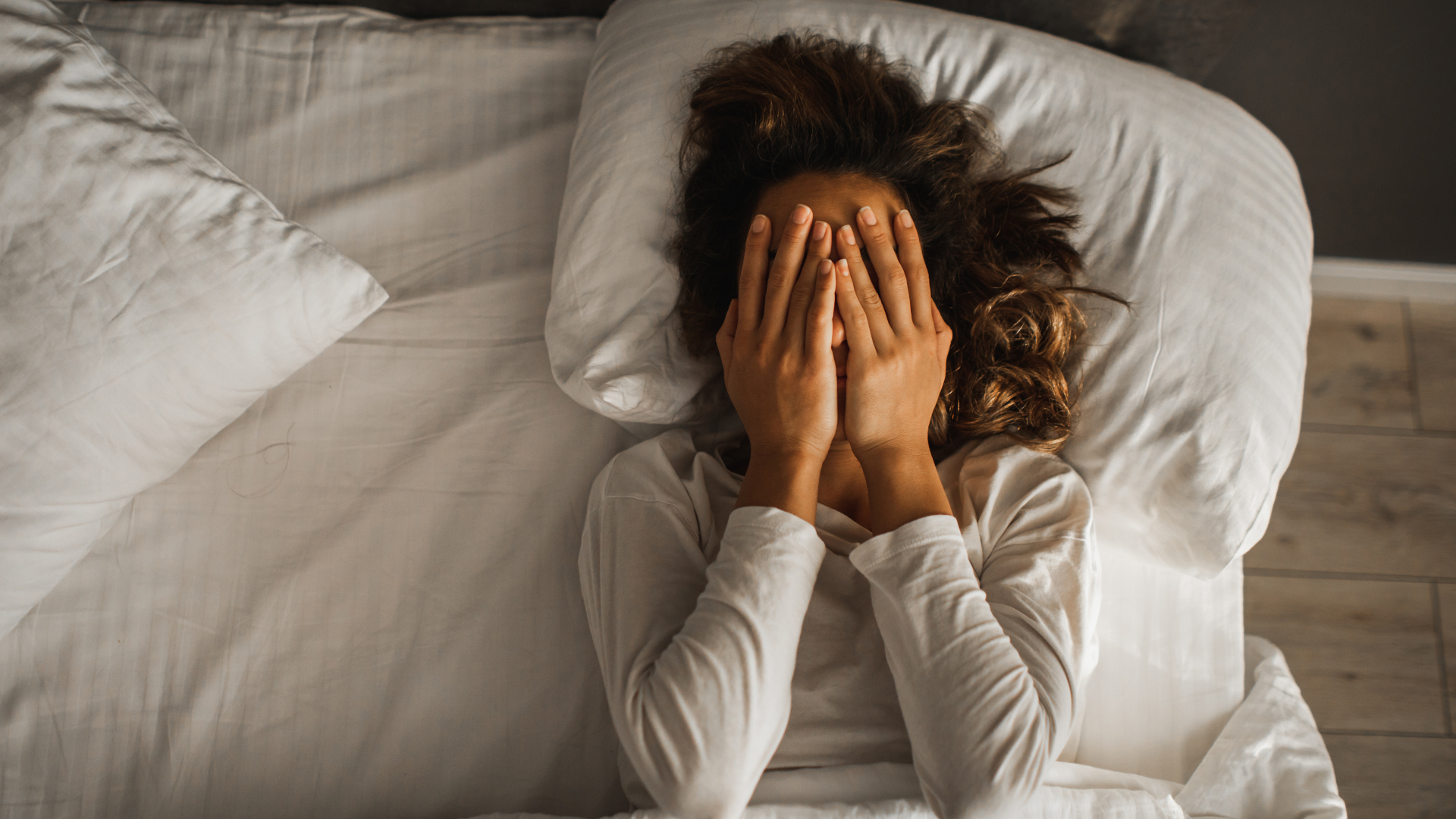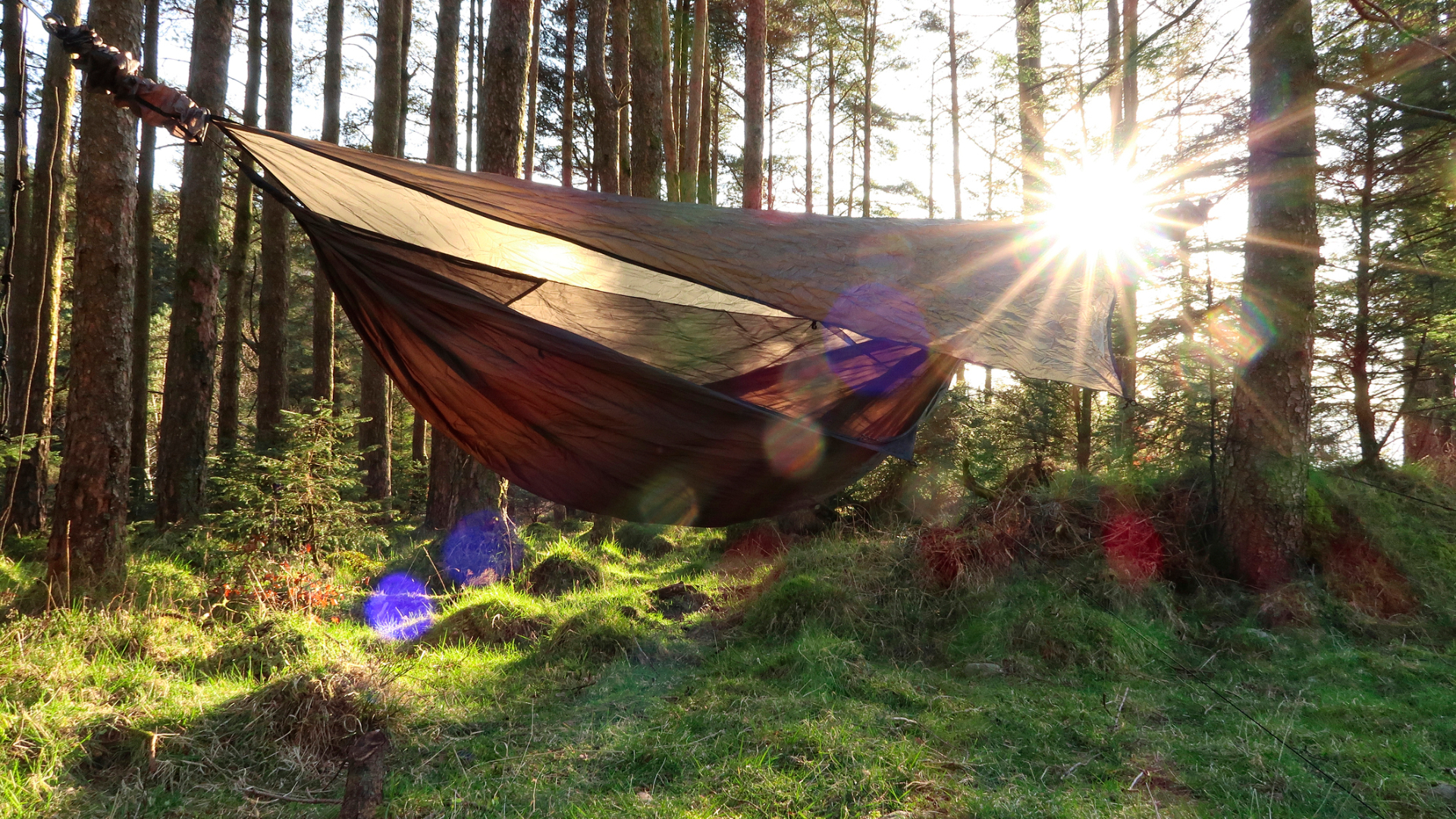Is sleep even more important than exercise?
A new study shows that lack of sleep actually counters the long term benefits of regular physical activity

All the latest inspiration, tips and guides to help you plan your next Advnture!
You are now subscribed
Your newsletter sign-up was successful
Whether you like to cruise the forest at a fast pace in your trail running shoes, climb mountains in your hiking boots or while away your days in your climbing shoes at the crag, you probably have a good sense that maintaining a high level of physical activity will keep your mind sharp as you age.
So far, research has backed this idea – a 2015 study in the journal Cognitive Medicine shows that cognitive decline decreases with increased physical activity. So, your grab-life-by-the-horns approach on the trails really should improve your ability to learn, reason, remember and problem solve as the years go by. Unless, however, you don’t get much sleep, which a brand new study suggests may make a major caveat to this approach.
The 2023 study by University College of London researchers examined nearly 9,000 participants over a 10-year period and shows that sleep may play an even more important role than exercise when it comes to maintaining a healthy brain as we age. The authors of the study found that those who were more physically active but slept less than six hours on average per night demonstrated faster cognitive decline overall. In fact, after 10 years their cognitive function was equivalent to peers who did less physical activity.

The study involved check ups with participants every two years, during which they undertook memory assessments, recall tasks and verbal fluency tests. Predictably, the results showed that those participants with low levels of physical activity and shorter sleeps demonstrated lower cognitive scores while those with higher levels of physical activity and longer sleeps had higher cognitive scores. However, lead author Dr Mikaela Bloomberg told UCL News that they were surprised to discover that after 10 years, those in their 50s and 60s who had shown higher levels of activity but shorter sleeps demonstrated levels of cognitive function in line with those who had reported low levels of physical activity.
“We were surprised that regular physical activity may not always be sufficient to counter the long-term effects of lack of sleep on cognitive health,” says Bloomberg.
In other words, over time, lack of sleep counteracts the neurological benefits of regular exercise. Once participants reached their 70s, the cognitive benefits of exercise appeared to be maintained even with shorter sleeps.
We reached out to the Sleep Foundation for comment on this study, and Dr Michael Breus (PhD), founder of The Sleep Doctor, tells us that the reason may be down to a specific brain wave cycle that those with shorter sleeps tend to reduce or skip.
All the latest inspiration, tips and guides to help you plan your next Advnture!
“When you shorten the total sleep time of anyone you end up cutting off the final sleep cycle. During this sleep cycle is where a person has their largest amount of REM sleep,” explains Breus.
“We know that REM sleep is the mental and cognitive restorative period. Thus when you get less sleep you get less REM, and less mental rejuvenation.”

How to get more sleep
If you’re physically active but sleeping on average less than six hours a night, what can you do to get more sleep? Well, it depends on why you’re not sleeping in the first place, of course, and there are many factors that might be disrupting your sleep cycle for which a visit to the doctor or a nutritionist might be in order. However, an important one to mention here is that vigorous exercise can actually affect sleep, so make sure you read our tips on how to sleep after a long run if you suspect that your activity level is causing the problem.
While long distance running has been indicated in disrupted sleep cycles, hiking has been scientifically correlated to better sleep, so you might consider lacing up your hiking boots for some longer, slower sessions on the mountain where you can enjoy the benefits of physical activity and catch some restorative sleep afterwards too.
Sleeping outdoors and exposing yourself to the morning sunlight are both indicated in resetting your body’s circadian rhythm, which improves sleep, so consider using your tent or camping hammock more this year and switching your outdoor workouts to the early morning if possible.

If dropping off is difficult for you for any reason, read our tips on how to fall asleep anywhere with four tried-and-true methods that you can use at home, at camp or when you’re traveling. Something as simple as a breathing exercise or this $20 eye mask from Amazon might be enough to help you drift off faster and stay asleep for longer. Studies show many people find success with yoga or meditation to improve their sleep length and quality.
And finally, if you’re feeling discouraged about putting so much time and energy into getting regular exercise only to feel that your efforts may be hampered by your inadequate sleep schedule, remember there are other benefits to exercise. Maintaining strong muscles and bones, good balance and mobility will still improve your quality of life when you’re older, so don’t give up on your outdoor activities, just try to balance them with more sleep.
Julia Clarke is a staff writer for Advnture.com and the author of the book Restorative Yoga for Beginners. She loves to explore mountains on foot, bike, skis and belay and then recover on the the yoga mat. Julia graduated with a degree in journalism in 2004 and spent eight years working as a radio presenter in Kansas City, Vermont, Boston and New York City before discovering the joys of the Rocky Mountains. She then detoured west to Colorado and enjoyed 11 years teaching yoga in Vail before returning to her hometown of Glasgow, Scotland in 2020 to focus on family and writing.

